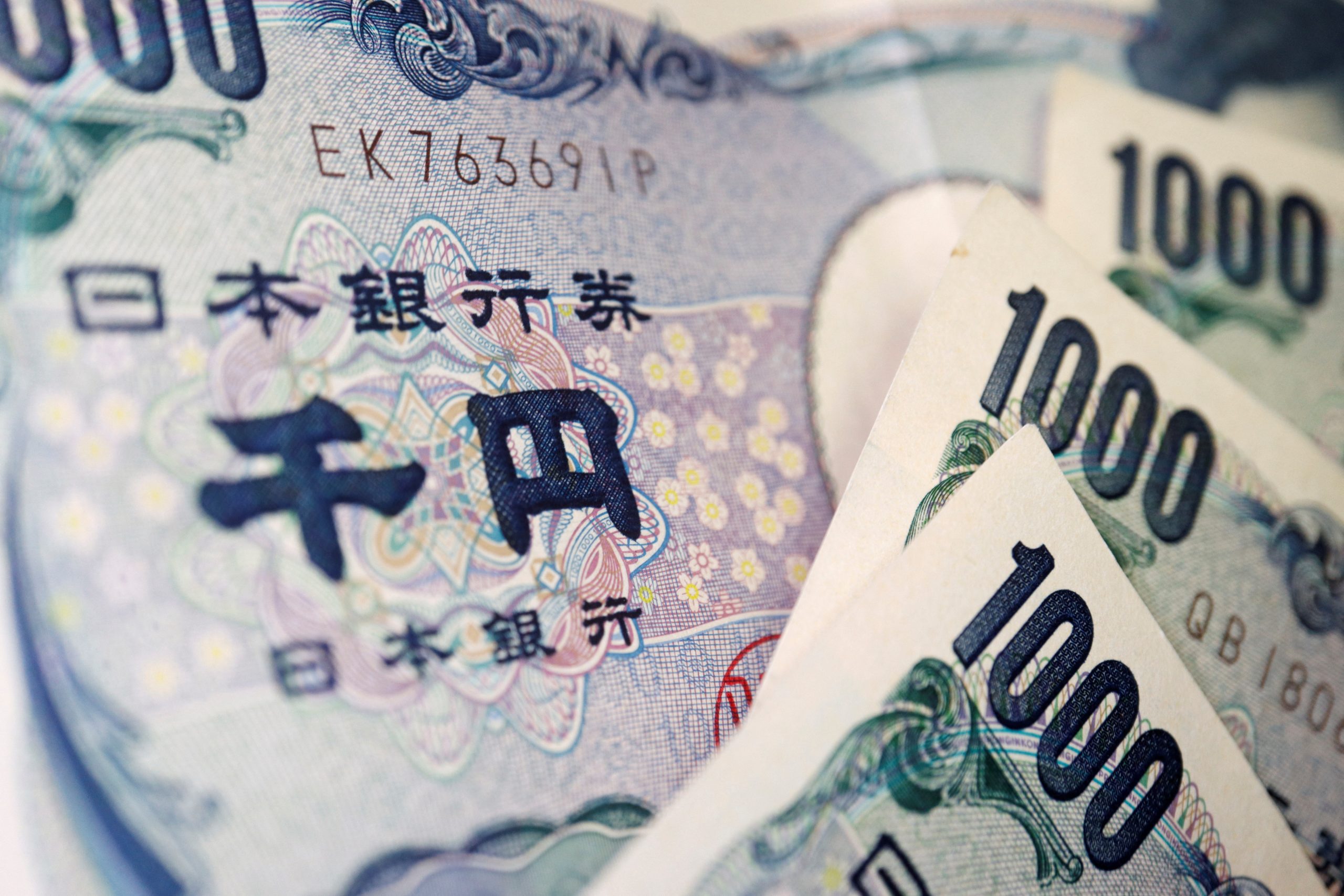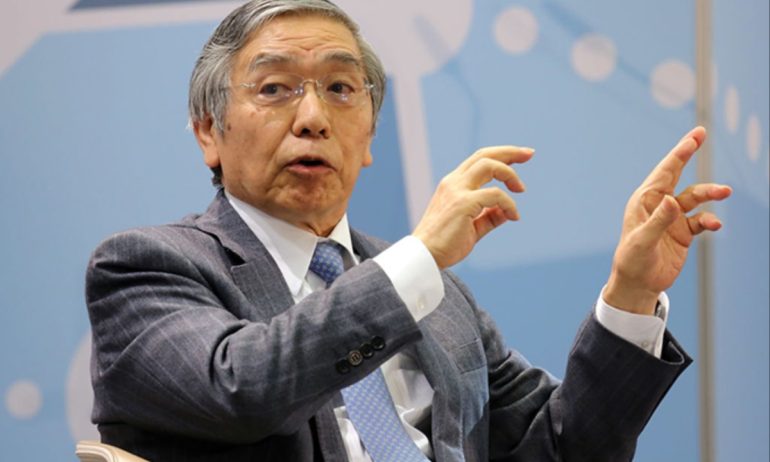Japanese investors became net buyers of overseas bonds for the week ending April 19, after a prolonged period of selling. The purchases, totaling 223.7 billion yen ($1.57 billion), marked the first net buying of foreign bonds since February. This shift comes as the U.S. bond markets showed signs of recovery following a sharp selloff earlier in the month.
For the six prior weeks, Japanese investors had been net sellers, reflecting a broader withdrawal from dollar assets. This trend was influenced by concerns surrounding U.S. trade tariffs and the economic policies of President Donald Trump.
U.S. Bond Market Recovery Drives Japanese Investment, While Foreign Capital Flows into Japan
The recovery in U.S. bond markets came amid a rise in Treasury yields, which had previously been under pressure due to a massive selloff. The selloff was fueled by hedge funds unwinding leveraged basis trades and overseas investors selling off U.S. debt.
A key driver behind this retreat was the growing apprehension about U.S. assets’ safe-haven status, exacerbated by trade tensions and concerns over tariff announcements. Despite this, Japanese investors, who are the largest foreign holders of U.S. Treasuries with about $1.13 trillion in holdings, returned to buying bonds during the week.

While Japanese investors turned net buyers of overseas bonds, foreign investors have been increasingly purchasing Japanese assets. This trend has been driven by safe-haven demand, as well as expectations that the Bank of Japan (BOJ) will delay interest rate hikes to support the domestic economy.
Foreign investors have injected significant capital into Japan’s markets, with 11.95 trillion yen funneled into Japanese bonds and 3.7 trillion yen into equities over the past three weeks. This demand reflects confidence in the stability of Japanese assets, particularly amid uncertainty surrounding global economic policies.
Bank of Japan’s Rate Decisions Influence Investments, While Japanese Investors Favor Foreign Equities
The Bank of Japan’s future monetary policy remains a key factor in shaping investment flows into Japanese assets. A recent Reuters survey of economists suggests that the BOJ is likely to keep interest rates unchanged through June.
However, expectations for a potential 25-basis-point hike next quarter have decreased, with a slight majority of economists now predicting a delay in tightening. This outlook has influenced both foreign and domestic investment decisions, as the BOJ’s stance on interest rates is closely watched for its impact on Japan’s economic and financial markets.
In addition to bond purchases, Japanese investors have also shown continued interest in foreign equities. During the week ending April 19, they bought approximately 610.4 billion yen worth of foreign stocks, marking the fifth consecutive week of net purchases in this asset class. This ongoing trend suggests that Japanese investors are seeking opportunities outside of domestic markets, perhaps driven by favorable valuations or better prospects in foreign markets.

